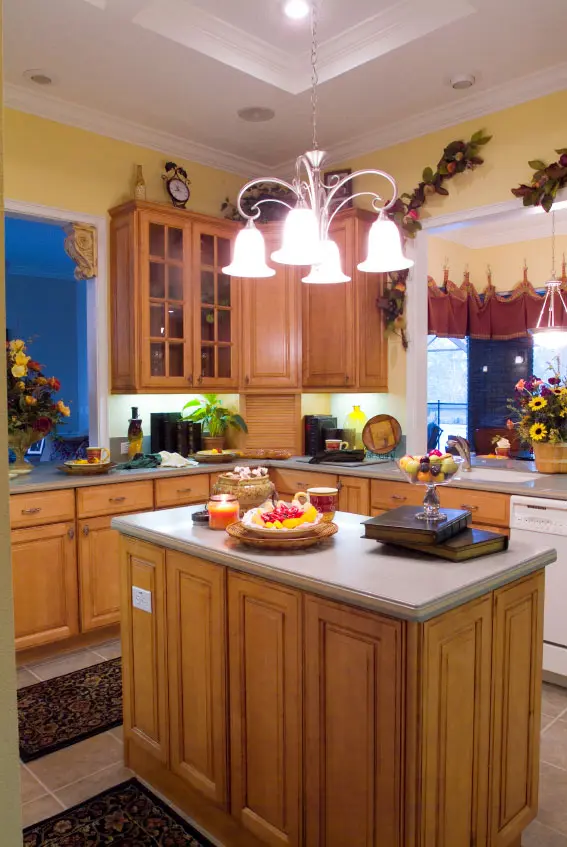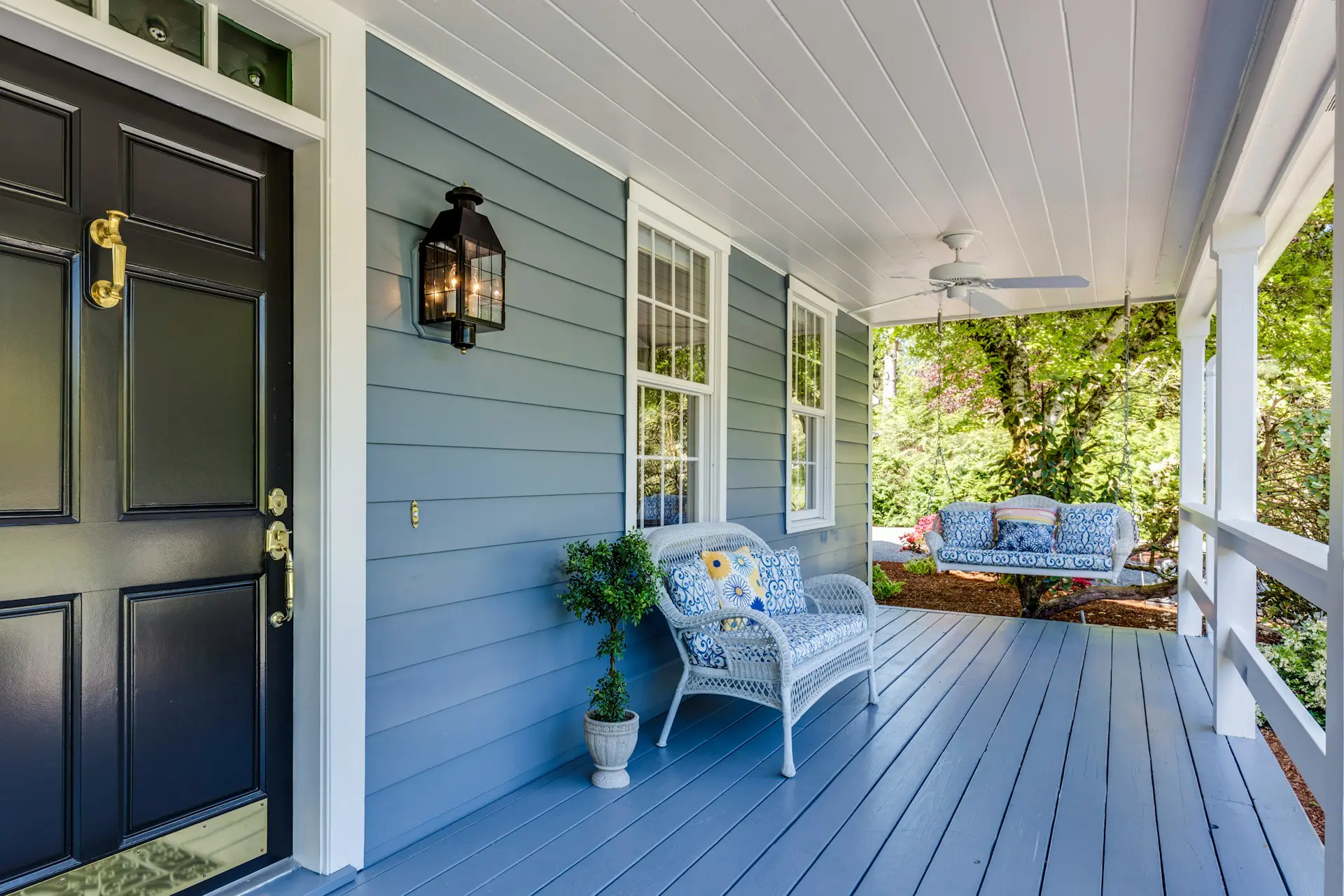Exploring the Pros and Cons of Tile Countertops

When it comes to designing or renovating a kitchen, the choice of countertops can significantly impact both the aesthetics and functionality of the space. Among the myriad of options available, tile countertops have emerged as a popular choice for homeowners. With their versatility and durability, tile countertops offer a range of benefits but also come with some drawbacks. Let’s delve into the pros and cons of tile countertops to help you make an informed decision for your kitchen.

Pros of Tile Countertops
- Versatility: Tile countertops come in a wide array of materials, colors, patterns, and sizes, allowing for endless customization options. Whether you prefer a sleek and modern look with porcelain tiles or a rustic feel with natural stone tiles, there’s a tile to suit every style and taste.
- Affordability: Compared to other countertop materials such as granite or quartz, tile countertops are often more budget-friendly. This makes them an attractive option for homeowners looking to achieve a high-end look without breaking the bank.
- Durability: When properly installed and maintained, tile countertops can withstand heat, scratches, and stains, making them highly durable and long-lasting. Additionally, individual tiles can be easily replaced if damaged, prolonging the lifespan of the countertop.
- Easy Maintenance: Tile countertops are relatively easy to clean and maintain. Routine cleaning with mild soap and water is usually sufficient to keep them looking pristine. Grout lines may require occasional sealing to prevent staining, but overall maintenance is minimal.
- Heat Resistance: Unlike some other countertop materials, such as laminate, tile countertops are resistant to heat. This makes them ideal for placing hot pots and pans directly onto the surface without fear of damage.
- DIY-Friendly Installation: For those who are handy and enjoy DIY projects, installing tile countertops can be a rewarding endeavor. With the right tools and guidance, homeowners can save on installation costs by tackling the project themselves.
Cons of Tile Countertops
- Grout Maintenance: While the tiles themselves are durable, the grout lines between them can be prone to staining and mildew buildup if not properly maintained. Regular cleaning and periodic resealing of grout are necessary to prevent discoloration and maintain hygiene.
- Susceptible to Chips and Cracks: Despite their durability, tile countertops are susceptible to chipping and cracking, especially along the edges and corners. Care must be taken to avoid dropping heavy objects onto the surface to prevent damage.
- Uneven Surface: Unlike seamless countertop materials like granite or quartz, tile countertops have grout lines that create a somewhat uneven surface. This can make it challenging to roll out dough or perform other tasks that require a smooth work surface.
- Limited Design Options: While tiles offer a wide range of design options, the layout and pattern may be somewhat limited compared to other materials. Achieving a cohesive look with intricate patterns or large tiles may require careful planning and skilled installation.
- Potential for Staining: Depending on the type of tile used, certain materials may be more prone to staining from spills and acidic substances. Porous tiles such as natural stone require regular sealing to prevent absorption of liquids that could cause staining.
- Professional Installation Costs: While DIY installation can save money, hiring a professional installer may be necessary for achieving a flawless finish, especially for complex designs or large countertops. Professional installation can add to the overall cost of the project.
In conclusion, tile countertops offer a versatile and budget-friendly option for homeowners seeking durability and customization in their kitchen design. While they come with some drawbacks such as grout maintenance and susceptibility to damage, proper care and installation can mitigate these issues. Ultimately, the choice of countertop material should align with your aesthetic preferences, budget constraints, and lifestyle needs. Whether you opt for the timeless elegance of natural stone or the modern appeal of porcelain, tile countertops can add beauty and functionality to your kitchen space.
For more information on the services we provide or to discuss your requirements in more detail, contact a member of the team at Homm CPS today.










